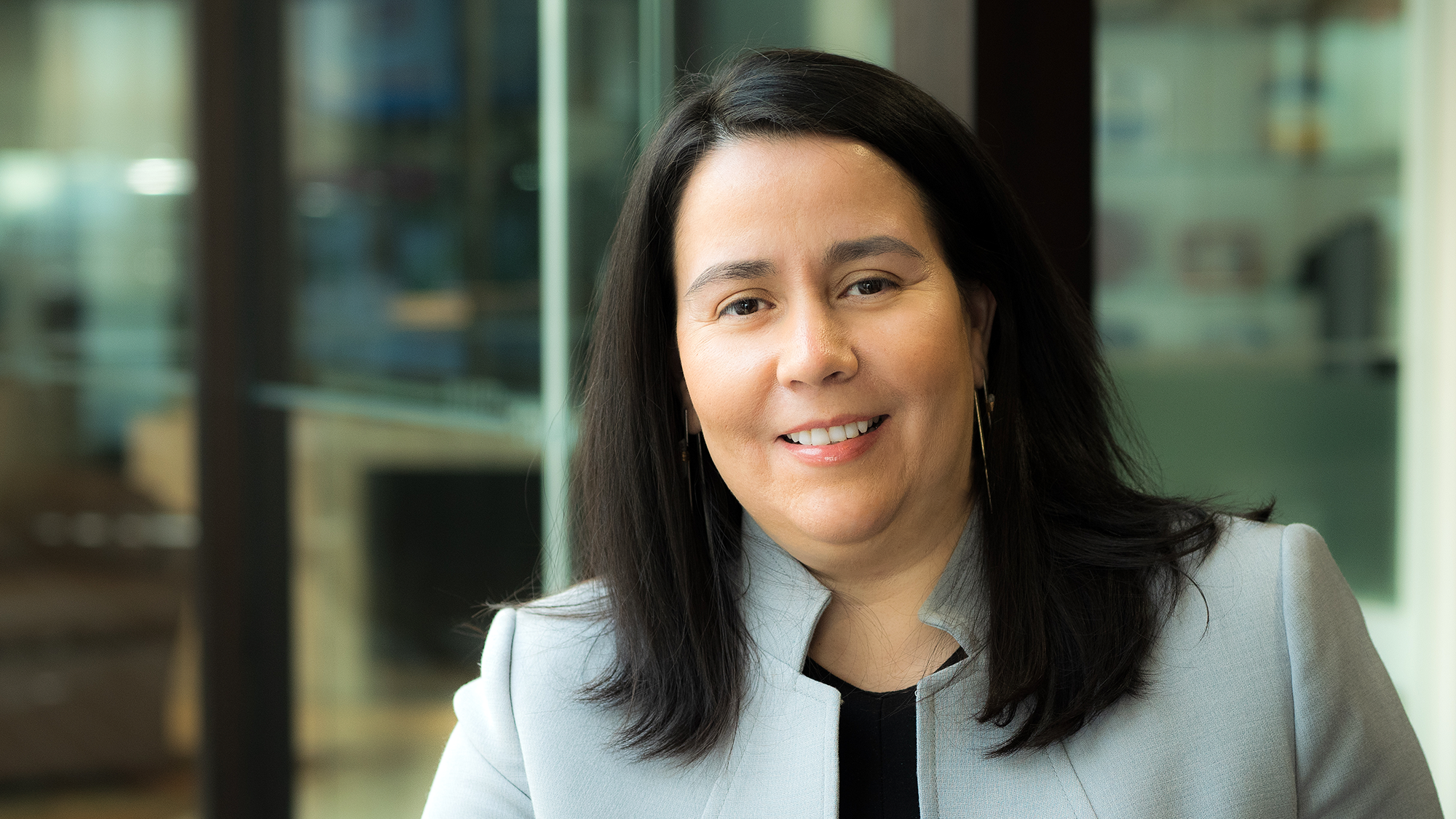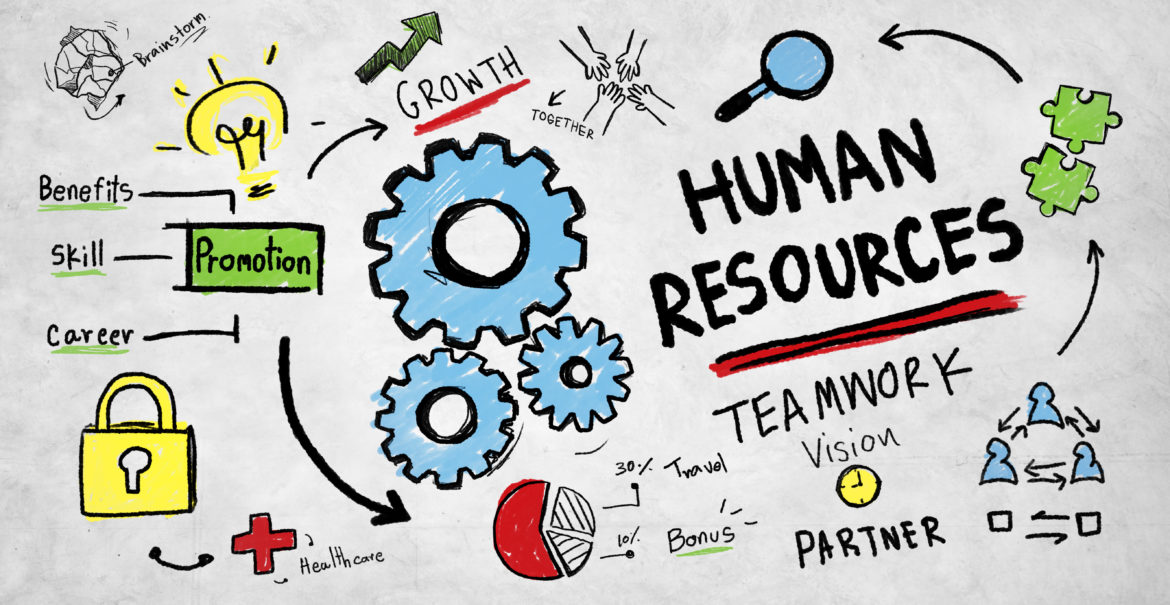
Ginnette Quesada-Kunkel is the Executive Vice President and Chief Human Resources Officer of NFP, one of the nation’s largest insurance brokerage and consulting firms.
Here is what Ginnette had to say when we asked her about the employee experience:
GenHERation®: What are three ways a potential employee can stand out when applying for a job?
Ginnette Quesada-Kunkel: First, you need to network. In a competitive job market, when companies are receiving thousands of applications, it helps if you have some type of connection with someone who currently works where you are applying. This can be a recruiter, a friend, or an alum from your university. The purpose of having this connection is to gain a first-hand understanding of an organization’s values, culture, and expectations, which will make you better prepared to apply for a role there, and to potentially have someone who will advocate for you receiving a job. If you do not know someone who works at a company you are interested in do not worry! Use resources, such as LinkedIn or alumni directories to reach out to those who have already pursued career paths you are interested in.
Second, be yourself on your resume. While it is important to use your resume as a tool to articulate how your experiences and abilities make you qualified for a specific role, you still need to set yourself apart from other applicants. Did you start a club, business, or nonprofit? Are you versed in multiple languages? Can you code? Make sure you highlight the unique skills that you possess.
Third, do not ignore the cover letter. Most candidates think no one reads the cover letter, but we do! The cover letter provides insights into your personality and where you want to go in your career. Take time to perfect your cover letter. Use it to provide a brief introduction of your background and interest in a particular role. Your cover letter gives you the chance to explain how you will add value to a company.
GenHERation®: What are the most important skills a candidate should demonstrate during an interview?
Quesada-Kunkel: Before you go into any interview, make sure you prepare. Conduct your research on the company, role you are applying for, and the person who is interviewing you. Then, complete a few mock interviews, so you can rehearse your responses to commonly asked questions, such as, “Tell me about yourself.” Know the content of your resume and be able to talk about every bullet point listed on it. When you are in an interview, I think it is most important to highlight your emotional intelligence. If you secured an interview, you mostly likely met the hard skill requirements, so take time to talk about your soft skills. Discuss your strengths and explain how you have been resilient when faced with challenges. In doing so, make sure you are fully present. Look the interviewer in the eyes and show that you are passionate and enthusiastic about the role you are applying for. Make sure you prepare questions to ask your interviewer. For instance, you can ask them how to be successful in a role or about company culture.
GenHERation®: What can new employees do to add value to a company?
Quesada-Kunkel: Raise your hand! If a manager is looking for someone to help on a project, volunteer. Or, if you can help plan an event for an employee resource group, take advantage of the opportunity. Another way to add value to a company (outside of your assigned responsibilities) is by being a cultural ambassador. Take time to understand your company’s values and embrace them. For example, if your company values collaboration, genuinely listen to team members’ ideas and make sure everyone’s voice is heard. Related to collaboration, companies thrive when departments work together and everyone is on the same page. Do not live in a silo at work. Instead, understand and learn to navigate the different dynamics. Network with individuals who work across different departments across all levels of the organizational chart.
GenHERation®: What is the best way to prepare for growth opportunities and future promotions as a young professional?
Quesada-Kunkel: You first need to understand the structure of your role or program. Is it customary to work two years in one position and then get promoted to another? Or, is the track to promotion less linear? Additionally, utilize feedback and performance review periods to see if you are doing well and if you are eligible for a promotion. You do not just receive promotions, you have to earn them. It is helpful to keep track of your work accomplishments, so when promotion conversations are happening you can explain how you have specifically added value to the company. I think if you are looking for growth opportunities you should speak with your manager. Be completely transparent. If you want to learn a new skill, take on more responsibility, or work in a new department, ask if and how this is possible.
GenHERation®: How can you stay in touch with your current company when you pursue new opportunities?
Quesada-Kunkel: We spend a lot of time at work. Some days, you might see your colleagues more than your family members! When you are with an organization for a while, you naturally make connections and form relationships. As with high school and college, when you leave one job and start another, you can remain in contact with your colleagues or not—it is up to you to make that decision. I encourage you to keep in contact with the managers and co-workers you had good relationships with. It takes effort to maintain them, but by leveraging technology and being intentional, it is feasible and worth it. Remember, sometimes how you leave a place is more important than how you came into it.
Ginnette Quesada-Kunkel is the Executive Vice President and Chief Human Resources Officer of NFP, one of the nation’s largest insurance brokerage and consulting firms. Ginnette brings results-oriented leadership and expertise to NFP, directing the full spectrum of human resources activities for the company. She leads all human resources operations, compensation and benefits practices, employee benchmarking, change management, and mergers and acquisitions diligence, playing an integral role in creating an environment that attracts and retains top talent through a people-first culture. Ginnette is a member of NFP’s Executive Management Committee. Before being promoted to Executive Vice President in January 2019, Ginnette was Senior Vice President of Human Resources. She joined NFP in 2007 as Vice President, Human Resources. Her strong technical and strategic knowledge, depth of organizational awareness, and insightful guidance on opportunities continue to elevate NFP’s human resources capabilities. Ginnette is an engaged advocate of the caring and collaboration that are critical to NFP’s success. Prior to NFP, Ginnette was Director of Faculty Affairs at Columbia University and an HR Generalist for MetLife.



Comments (0)